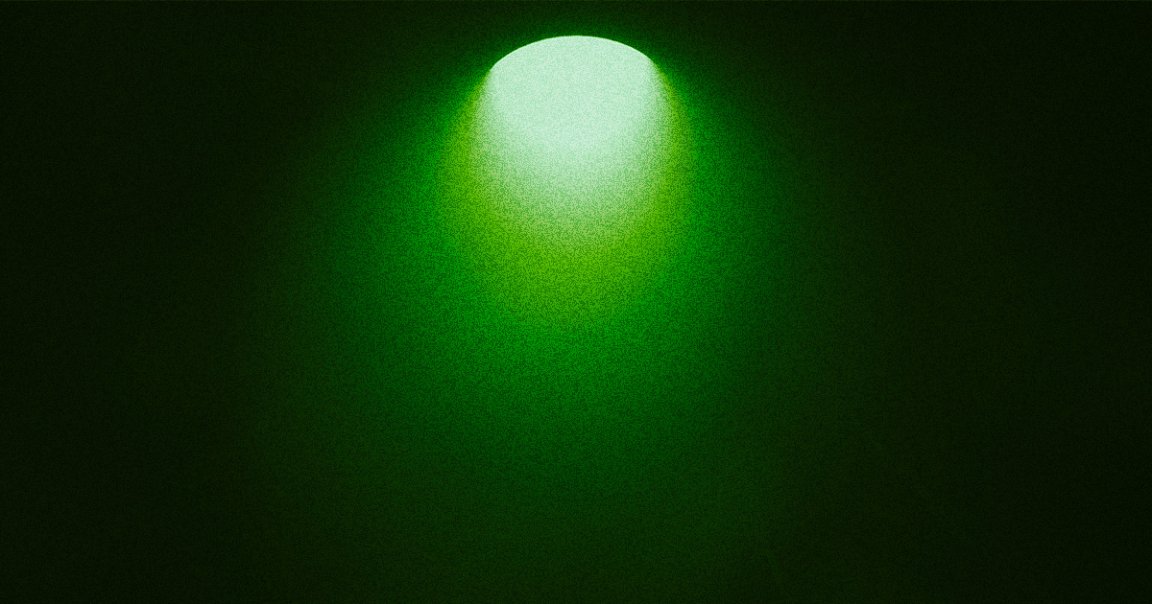
At Its Core
Dark energy, hypothesized to permeate the universe and affect it at the grandest scale, has remained deeply mysterious — down to basic details like where it resides. Now, new research makes a bold claim: it may be hiding out in black holes.
The prevailing theory maintained by physicists is that dark energy is distributed evenly across the cosmos and is responsible for the accelerating expansion of the universe. But the findings of two new studies, published this month in The Astrophysical Journal and The Astrophysical Journal Letters, suggest that it may be concentrated in supermassive black holes at the center of galaxies.
“This is a really surprising result,” said co-author Dave Clements, a physicist from Imperial College London, in a press release. “We started off looking at how black holes grow over time, and may have found the answer to one of the biggest problems in cosmology.”
Coupling of Ideas
The researchers first observed the masses of supermassive black holes in younger and denser galaxies and compared them to the masses of such black holes in dormant galaxies where, in contrast, there’s little material left to be devoured. Since it’s believed that black holes can only grow larger by merging with another one or consuming matter, a black hole in an empty stretch of space shouldn’t get much larger, if at all.
But surprisingly, they discovered that the black holes in dormant galaxies are actually between 7 and 20 times larger than they were nine billion years ago.
From additional measurements taken of related galaxies across the evolution of the universe, the researchers believe the masses of these black holes increased as the universe grew. In other words, the masses of black holes are “cosmologically coupled” with the expansion of the universe, they claim.
If true, that would suggest that dark energy may be contained in the cores of black holes.
“The importance of this work is that it’s taken the theories about black holes with dark energy cores and linked them for the first time to tangible observations of the universe,” study co-author Chris Pearson told The Guardian.
Shadow of Doubt
Of course, not everyone’s convinced.
“The relation this work investigates between black hole mass and universe expansion rate is somewhat naive… and not supported on fundamental principles,” Vitor Cardoso, a physicist at the Niels Bohr Institute who was not involved in the study, told the Guardian, noting that study could simply demonstrate that black holes evolve differently today than they did billions of years ago.
With the dearth of definitive explanations, though, it’s at least worth entertaining.
More on the cosmos: Aliens May Be Creating Black Holes to Store Quantum Information, Scientists Say